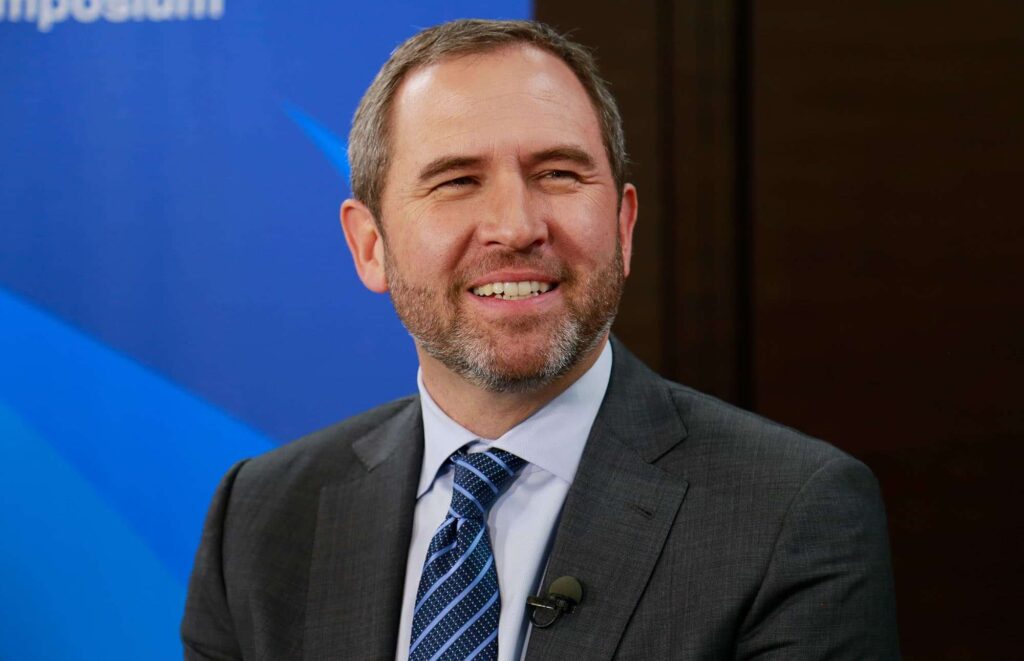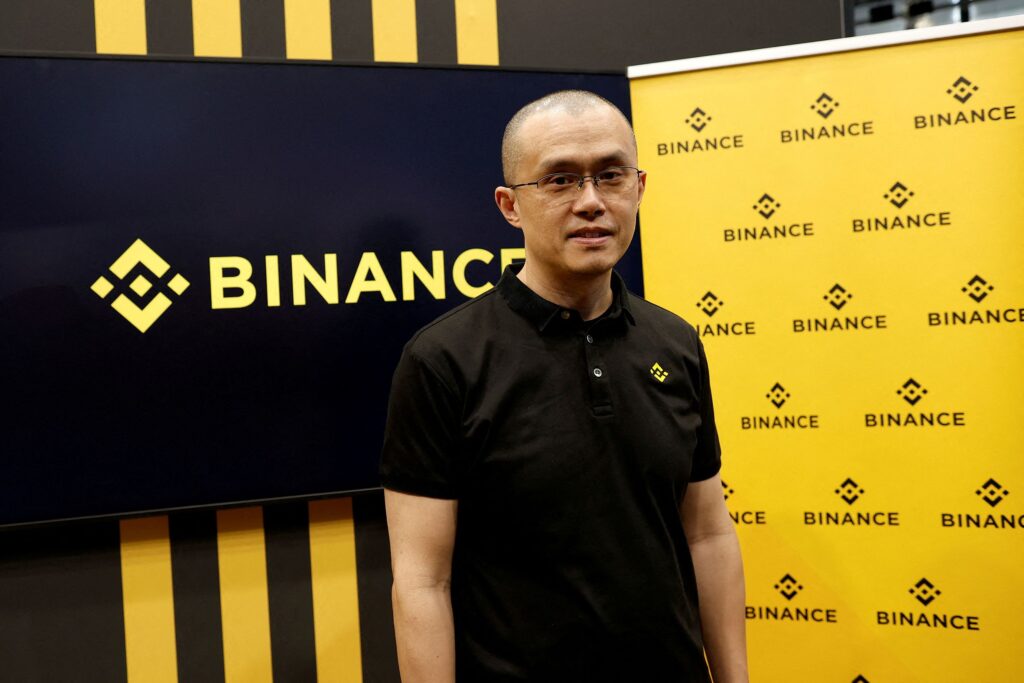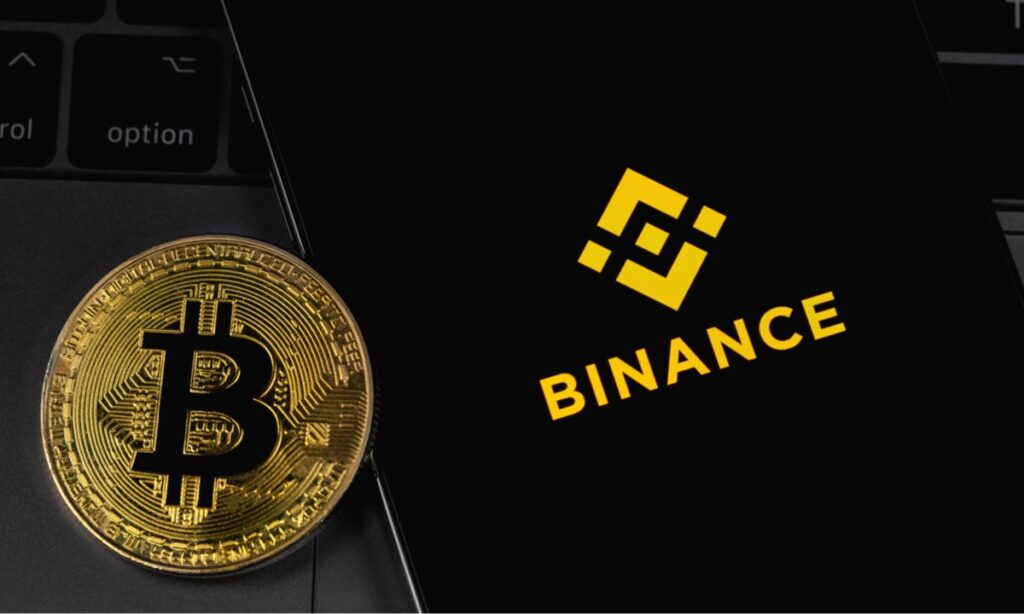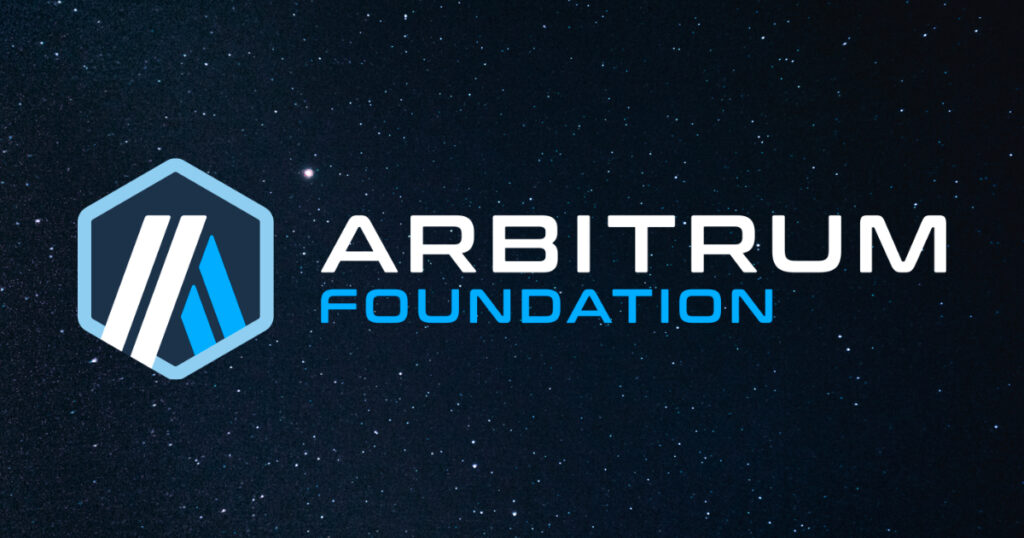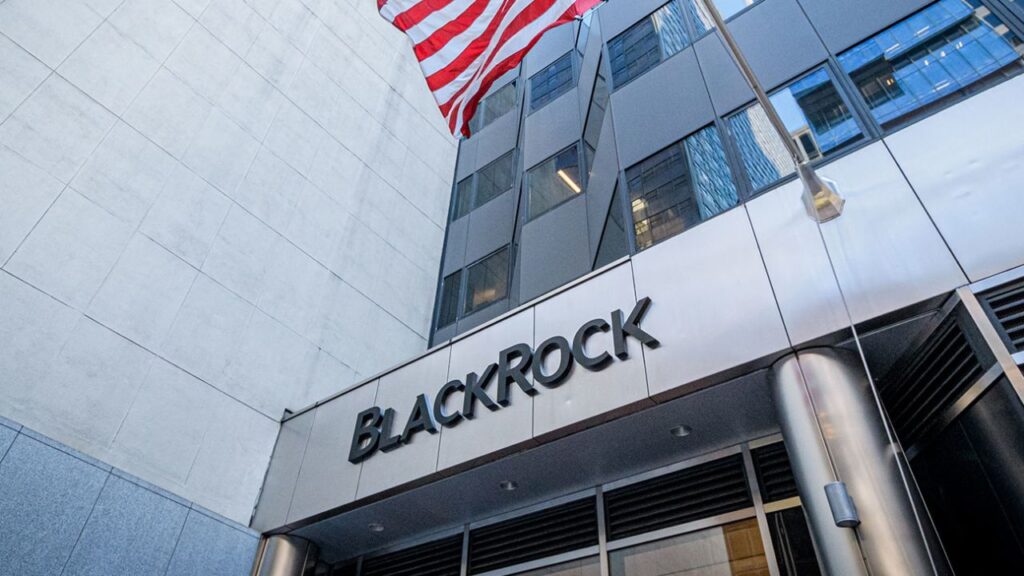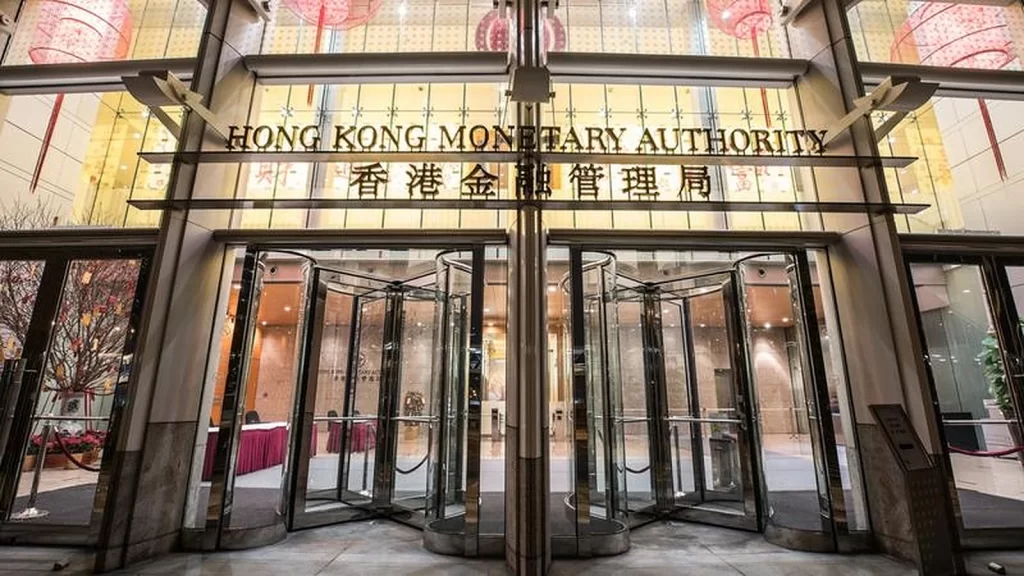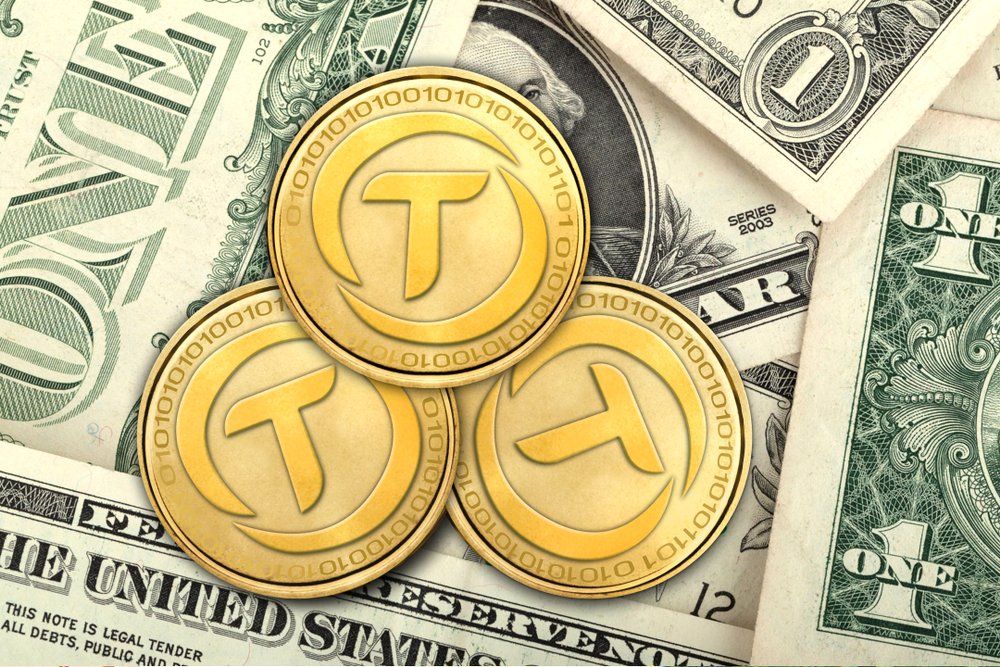Ripple CEO Brad Garlinghouse has emphasized that the resolution of Ripple’s legal dispute with the United States Securities and Exchange Commission (SEC) does not mark the end of the fight for regulatory clarity in the industry.
While the case is nearing its conclusion, Garlinghouse asserts that the struggle for clear regulations must persist.
Following the unsealing of the Hinman Documents on June 13 as part of the ongoing lawsuit, Garlinghouse took to Twitter to share his thoughts on the timeline of the case and express his frustration with the SEC.
In a video posted on June 17, he highlighted that the newly revealed documents indicate that the SEC intentionally created confusion regarding the rules and exploited that confusion for enforcement purposes.
Garlinghouse did not hold back in his criticism of the SEC’s conduct, characterizing it as a clear example of acting in “bad faith, plain and simple.”
According to him, this questionable behavior was evident right from the start of the legal proceedings initiated by the SEC in December 2020.
He expressed his dismay at the timing of the lawsuit, which was filed just “days before Christmas,” likening it to a cruel act akin to the Grinch stealing joy during the holiday season.
While the Ripple case might soon reach a conclusion, Garlinghouse stressed that the fight for regulatory clarity and fair treatment for the industry is far from over. He believes that continued efforts are necessary to ensure a transparent and predictable regulatory environment, not only for Ripple but for other companies operating in the cryptocurrency and blockchain space.
Garlinghouse’s remarks highlight the importance of addressing regulatory ambiguity and the need for government agencies to act in good faith when engaging with innovative technologies.
His message resonates with many in the industry who seek a clear framework that allows for responsible innovation and fosters growth while ensuring the protection of investors and consumers.
As Ripple’s legal battle draws nearer to its end, Garlinghouse’s call to action serves as a reminder that the fight for regulatory clarity must persist, urging industry participants, policymakers, and regulators to work together to establish a fair and transparent regulatory landscape for cryptocurrencies and blockchain technology.
Other Stories:
OKX and McLaren Racing Host Panel on Technology in Sports and Film at Tribeca Festival
OKX Middle East Receives MVP Preparatory License From VARA in Dubai
Binance, one of the world’s largest cryptocurrency exchanges, has resolved a long-standing dispute with the US Securities and Exchange Commission (SEC), according to CEO Changpeng “CZ” Zhao.
The resolution brings an end to a period of regulatory uncertainty and tension that had gripped the company.
Expressing his relief on Twitter, CZ considered the SEC’s request for emergency relief unnecessary and welcomed the mutually agreed resolution. He believes the settlement will pave the way for Binance’s future growth without hindrance.
Judge Amy Berman Jackson from the U.S. District Court for the District of Columbia gave her nod to the “Proposed Stipulation and Consent Order” reached between Binance.
Binance.US, and the SEC on June 18th. This outcome is seen as a significant milestone in the crypto industry, showcasing the importance of compliance with regulatory requirements.
Under the terms of the consent order, Binance must “repatriate” all fiat and cryptocurrency assets associated with Binance.US by a specific date outlined in the court ruling.
The agreement also imposes restrictions on Binance’s global executives, preventing them from accessing the private keys of all wallets, including both cold and hot wallets.
This development enables Binance to focus on its operations and expansion while ensuring it adheres to all regulatory requirements. CZ’s reaction suggests optimism for the future, viewing this regulatory clarity as a positive step forward for Binance and the broader cryptocurrency industry.
Other Stories:
Arbitrum governance token’s (ARB) price set for reversal after airdrop
Binance, the world’s leading cryptocurrency exchange, is facing further legal troubles as reports suggest that its French arm has been under investigation since early 2022.
According to an article in the French daily, Le Monde, the Judicial Investigation Service of Finance has been conducting a preliminary investigation into Binance in France since February 2022.
The investigation is said to be focused on alleged “aggravated money laundering” and the illegal provision of services to French customers.
The Paris Prosecutor’s Office cited acts of illegal exercise of the function of a service provider on digital assets and participation in investment operations, concealment, and conversion as the basis for the investigation.
Binance is accused of failing to comply with Know Your Customer procedures, which are designed to prevent money laundering activities.
In addition, it has been revealed that Binance operated in France without obtaining the necessary operating license.
Since 2019, crypto exchanges have been required to obtain approval from the Financial Markets Authority (AMF) in order to operate in France.
However, Binance reportedly only received AMF approval in May 2022, despite operating in the country since 2020.
A spokesperson for Binance emphasized that the company cooperates with law enforcement globally and complies with all laws in France. They stated that user information is securely held and provided to government officials only with documented and appropriate justification.
The investigation in France comes shortly after Binance’s subsidiary in the United States, Binance.US, and CEO Changpeng Zhao were hit with 13 charges by the U.S. Securities and Exchange Commission.
These charges further contribute to the legal challenges faced by the global cryptocurrency exchange.
As the investigation unfolds in France, Binance’s compliance with regulatory requirements and its handling of user data will be closely scrutinized.
The outcome of the investigation could have significant implications for Binance’s operations in France and its global reputation.
Other Stories:
OKX Middle East Receives MVP Preparatory License From VARA in Dubai
Tether responds to controversy over accounts deactivation
OKX and McLaren Racing Host Panel on Technology in Sports and Film at Tribeca Festival
The price of the Arbitrum governance token (ARB) could experience a reversal due to positive developments in the Ethereum network and an increase in active users on the Arbitrum platform.
Despite a consistent downturn since the airdrop in late March, the Arbitrum ecosystem has shown signs of healthy growth.
According to a recent report by Nansen, activity on Arbitrum improved after the airdrop and has stabilized at a higher level compared to before the airdrop.
Daily active users, gas fees, and transaction counts have consistently remained higher since April 2023. The number of active users on Arbitrum has also been closing in on Ethereum, surpassing Optimism.
The trading volume on decentralized exchanges (DEXs) based on Arbitrum has seen a noticeable increase after the airdrop, further indicating the platform’s growth.
Additionally, the report reveals that the ARB airdrop recipients accounted for only about 5% of the blockchain’s activity, and Arbitrum has attracted a significant number of new users post-airdrop.
There are several potential catalysts that could drive ARB’s price upward. One such catalyst is the upcoming Ethereum update called Cancun-Deneb (Dencun) scheduled for the second half of 2023.
This update will include EIP-4844 (proto-Danksharding), which aims to reduce transaction fees on Arbitrum, thereby increasing the value proposition of the platform.
Furthermore, the Arbitrum Foundation has decided to pass on the earnings from its sequencer, a component of the layer-2 fees, to the Arbitrum DAO.
The DAO will manage the 3,352 Ether (ETH), equivalent to $5.4 million, earned from the sequencer. This revenue source could potentially generate yields for ARB holders if the community votes to direct the rewards to them.
Nansen’s data suggests that “smart money” and funds that accumulated ARB after the airdrop have not sold their holdings, which is an encouraging sign.
Funding rates for ARB perpetual swap contracts have turned negative, similar to the rest of the crypto market, following lawsuits against major exchanges like Binance and Coinbase by the Securities and Exchange Commission (SEC).
While the ARB/USD pair has been on a downward trend since its launch, there is a possibility of a positive breakout indicated by a descending wedge pattern.
However, if ARB breaks below the support line of the wedge pattern around $0.90, a significant downward move could occur.
Ultimately, the price action of ARB will depend on the upcoming Dencun update on Ethereum and the decisions made by the Arbitrum Foundation regarding revenue distribution.
It is important for readers to conduct their own research and exercise caution when making investment or trading decisions, as this article does not provide investment advice or recommendations.
Other Stories:
SEC blocks motion to dismiss Terraform Labs lawsuit
Do Kwon attends court hearing over forging documents
Cryptocurrency infrastructure provider shutters operations amid crypto winter
Blockchain investigator ZachXBT is facing a lawsuit for libel filed by Jeffrey Huang, who alleges that his reputation was tarnished by false accusations made by ZachXBT. Huang, also known as MachiBigBrother on Twitter, claims that ZachXBT damaged his reputation through unfounded claims of embezzlement.
ZachXBT responded to the lawsuit by dismissing it as baseless and an attempt to suppress free speech. He vowed to fight back against the allegations made against him.
ZachXBT shared a Medium post in a thread, which he claims is the source of the libelous accusations. The article, titled “22,000 ETH Embezzled and Over Ten Projects Failed: The Story of Machi Big Brother (Jeff Huang),” accused Huang of being involved in the launch of multiple failed projects and claimed that he drained funds from the treasury of Formosa Financial, a treasury management service.
The article alleged that withdrawals of 11,000 ETH each were made from the Formosa Financial treasury wallet in June 2018. It further claimed that the funds were sent to various other wallet accounts, including one associated with the Ethereum Name Service domain harrisonhuang.eth. ZachXBT connected these addresses to Jeff Huang/Mithril based on blockchain data, implicating Huang in the funds’ depletion.
On June 15, a complaint was filed on behalf of Jeffrey Huang in the United States District Court for the Western District of Texas, Austin Division. Huang’s attorney argued that Huang did not embezzle funds from Formosa Financial and did not have direct control over the project’s funds, making embezzlement impossible. The complaint also suggested that the founders of the project were the likely culprits behind the fund transfers.
The lawsuit also claimed that ZachXBT published the article for monetary gain, as he allegedly earns money from donations for his work as an on-chain sleuth.
ZachXBT took to Twitter on June 16 to deny these allegations and expressed disappointment at the attempt to silence him. He stated that he knew such a situation might arise because speaking the truth can sometimes lead to dislike from certain individuals.
ZachXBT has previously exposed various crypto scams and exploits, including identifying Twitter phishing scams that drained $1 million in crypto and revealing a $35 million loss from an exploit of the Atomic Wallet app.
Blockchain investigator ZachXBT is being sued for libel by Jeffrey Huang, who denies the allegations of embezzlement made against him. The case raises questions about the accuracy of the accusations and the motivations behind the publication of the article.
Other Stories:
Celsius adjusts bankruptcy filing after Fahrenheit crypto consortium acquisition
TrueUSD loses its USD peg after minting suspension
‘Commodities, not securities’: Coinbase CEO sends message to SEC amid lawsuit
The United States Securities and Exchange Commission (SEC) has opposed Dentons’ motion to dismiss the lawsuit brought by Terraform Labs and Do Kwon, arguing that the additional documents provided by Dentons do not provide sufficient grounds for dismissing the case.
Dentons, the law firm representing Terraform Labs and Do Kwon, had submitted supplementary documents during a court hearing on June 15 to support their motion to dismiss the SEC lawsuit. However, the SEC’s lawyers claimed that the documents, including a Binance.US transcript and internal SEC emails, were irrelevant to the current case. They emphasized that the Howey test clearly defines the criteria for an “investment contract” and insisted that TerraUSD (UST) should be classified as a security.
The hearing aimed to determine whether the digital assets developed by Terraform Labs should be classified as securities under the definition of an “investment contract.” Dentons argued that the algorithmic stablecoin UST should not be considered a security, emphasizing its practical purpose rather than an investment contract.
In support of their motion to dismiss, Dentons submitted additional documents, such as a U.S. House Financial Services Committee hearing on digital asset regulation and stablecoin issuance, the SEC’s request for a restraining order against Binance.US, and the Hinman emails from the SEC vs. Ripple lawsuit.
The defense lawyers highlighted a perceived “regulatory gap” in the classification of crypto assets as securities, especially as the U.S. Congress discusses regulatory frameworks for digital assets and stablecoin issuance.
They further contended that the SEC was going beyond the scope of securities laws by relying on internal emails related to “investment contracts” to determine the security status.
Judge Jed Rakoff, overseeing the case, announced that a decision on the motion to dismiss would be made by July 14.
It is worth noting that Dentons previously represented Kwon in challenging the SEC’s subpoena during the investigation of the Mirror Protocol in 2021 and a class-action lawsuit in the Singapore High Court in 2022. The law firm also represents Terraform Labs in other ongoing cases.
In a separate development, the Basic Court in Podgorica, Montenegro, has granted bail to Kwon and former Terra chief technology officer Han Chang-joon. However, Kwon has been placed in extradition custody in Montenegro as the court evaluates South Korea’s extradition request for the Terra founder.
Other Stories:
Hong Kong warns banks against placing ‘undue burden’ on crypto exchanges
OKX Middle East Receives MVP Preparatory License From VARA in Dubai
BlackRock, the world’s largest asset manager, has filed for a bitcoin exchange-traded fund (ETF) in an effort to provide investors with exposure to the cryptocurrency amidst growing regulatory scrutiny.
The iShares Bitcoin Trust, BlackRock’s proposed ETF, will utilize Coinbase Custody as its custodian, as stated in a filing with the U.S. Securities and Exchange Commission (SEC). However, the SEC has yet to approve any applications for spot bitcoin ETFs.
BlackRock had previously launched a spot bitcoin private trust for institutional clients in the United States. This recent move by the asset manager comes at a time when the global cryptocurrency industry is facing increased attention from regulators regarding potential violations of securities laws. In fact, earlier this month, the SEC filed lawsuits against prominent exchanges Coinbase and Binance, which had significant repercussions throughout the digital assets sector.
Joshua Chu, the group chief risk officer at blockchain technology group XBE, Coinllectibles, and Marvion, viewed BlackRock’s filing as a positive development in the pursuit of regulatory approval. The involvement of a reputable and established asset management company like BlackRock indicates the resilience of public interest in cryptocurrencies.
A spot bitcoin ETF would track the underlying market price of bitcoin, enabling investors to gain exposure to the cryptocurrency without directly purchasing it.
Notably, the SEC rejected Grayscale Investment LLC’s application last year to convert its flagship spot Grayscale Bitcoin Trust into an ETF. Grayscale subsequently sued the SEC, claiming arbitrary decision-making, as the regulator had previously approved bitcoin futures ETFs while rejecting spot bitcoin ETF applications. Firms such as Fidelity, Cboe Global Markets, and NYDIG have also had their spot bitcoin ETF proposals rejected by the SEC.
Following the announcement of BlackRock’s ETF filing, bitcoin prices experienced a 2% increase on Thursday, with the cryptocurrency valued at $25,506 on Friday. Year-to-date, bitcoin has seen a 54% surge in value.
Reports of BlackRock’s plans for a bitcoin ETF were initially published by CoinDesk earlier on the same day.
Other Stories:
Highly Anticipated Chancer Crypto Presale Officially Launches Today
OKX and McLaren Racing Host Panel on Technology in Sports and Film at Tribeca Festival
Wyre, the cryptocurrency infrastructure provider, is shutting down its operations amidst the ongoing crypto winter. Once considered the future of finance, the cryptocurrency market has experienced a decline in interest, leading to Wyre’s decision to wind down.
The announcement came through a tweet on Friday, following Bolt Financial’s cancellation of its planned $1.5 billion acquisition of Wyre several months ago. This move highlighted the deteriorating conditions in the digital asset market.
The crypto industry has faced significant setbacks recently, including the highly publicized bankruptcy of FTX, a prominent crypto exchange, as well as lawsuits from the U.S. Securities and Exchange Commission against Binance and Coinbase Global (COIN.O). These events have further eroded confidence in the market and contributed to Wyre’s decision to cease operations.
Notably, Wyre clarified that its decision was not a result of regulatory action. Investors who have assets on the platform will have until July 14 to withdraw their funds through the company’s dashboard.
The winding down of Wyre reflects the broader challenges faced by the cryptocurrency industry. The once promising market has seen a decline in interest and confidence due to various factors, including increased regulatory scrutiny and concerns over security and market manipulation.
The decision by Bolt Financial to abandon its acquisition of Wyre underscores the cautious approach of industry players amidst the current market conditions. The reluctance to proceed with such a substantial investment suggests a loss of faith in the long-term viability and profitability of cryptocurrency-related businesses.
As the crypto winter continues to bite, industry participants are reassessing their strategies and seeking ways to navigate the challenging landscape. While some companies may succumb to the unfavorable market conditions, others are exploring opportunities to adapt, innovate, and rebuild trust in the cryptocurrency market.
Wyre’s decision to wind down its operations reflects the declining interest and challenging conditions in the cryptocurrency market. With major setbacks and regulatory actions impacting the industry, it is clear that the crypto winter is exerting its influence. As the industry adjusts to these circumstances, it remains to be seen how companies will navigate the evolving landscape and rebuild confidence in the future of cryptocurrencies.
Other Stories:
Tether responds to allegations about its reserves
OKX and McLaren Racing Host Panel on Technology in Sports and Film at Tribeca Festival
The Hong Kong Monetary Authority (HKMA), the region’s banking regulator, encouraged lenders in April to cater to the business requirements of licensed crypto exchanges. This announcement was a response to a Financial Times report suggesting that banks, including HSBC and Standard Chartered, were facing pressure from HKMA to accept crypto exchanges as clients.
Hong Kong, aiming to become a leading global hub for cryptocurrency, has taken numerous measures, such as attracting mainland China crypto firms and proposing the testing of a digital dollar in its mortgage market. The report noted that the UK-based lenders HSBC and Standard Chartered, along with the Bank of China, were probed by the HKMA last month regarding their hesitance to accept crypto exchanges as clients.
In an April 27 letter to the lenders, the HKMA highlighted that due diligence on prospective customers should not pose an “undue burden”, particularly for companies establishing offices in Hong Kong. Both Standard Chartered and HSBC confirmed their continuous dialogue with regulators on a variety of topics and ongoing involvement in the evolving crypto policies and developments in Hong Kong.
This push by Hong Kong for banks to incorporate crypto clients into their portfolios comes at a time when other nations like the U.S. are intensifying their scrutiny on crypto exchanges. The U.S. affiliate of Binance, for instance, had to cease dollar deposits last week after the U.S. Securities and Exchange Commission requested a court to freeze its assets.
Other Stories:
Binance US fires employees over SEC investigation
Sturdy Finance reinstates stable coin market after exploit
‘Commodities, not securities’: Coinbase CEO sends message to SEC amid lawsuit
Stablecoin TrueUSD (TUSD) saw a slight deviation from its dollar peg on June 10, following the suspension of its minting activities through tech partner Prime Trust. At its lowest point, the fifth-largest stablecoin by market capitalization traded at $0.9964, and it is currently valued at $0.9981, according to CoinMarketCap.
Data from LedgerLens indicates that the current TUSD supply stands at $2.04 billion, backed by $2.08 billion in collateral.
This fluctuation follows an announcement by the TrueUSD team that the minting of TUSD through Prime Trust has been temporarily halted. The team confirmed that minting and redemption services via other banking partners remain unaffected. “Our partnerships with other banking institutions remain intact, ensuring smooth transactions,” the statement assured. Over the past year, the stablecoin has frequently deviated from its USD peg.
The connection between the minting suspension and recent insolvency rumors surrounding Prime Trust remains unclear. Prime Trust, a Nevada-based fintech infrastructure provider, laid off a third of its staff in January. The company has been managing Binance.US customer funds through its banking partners amid the broader US banking system’s resistance to crypto businesses.
Crypto custodian BitGo is reportedly planning to acquire Prime Trust. BitGo signed a non-binding letter of intent to purchase the company on June 8, aiming to acquire Prime Trust’s payment rails and cryptocurrency IRA fund to expand its wealth management services. The deal’s specific terms have not been disclosed.
This potential acquisition emerges as the U.S. Securities and Exchange Commission is proposing regulatory changes that would restrict crypto companies’ capacity to act as a customer’s custodian.
READ: Bitcoin hits 3-month low with bear market on the horizon



